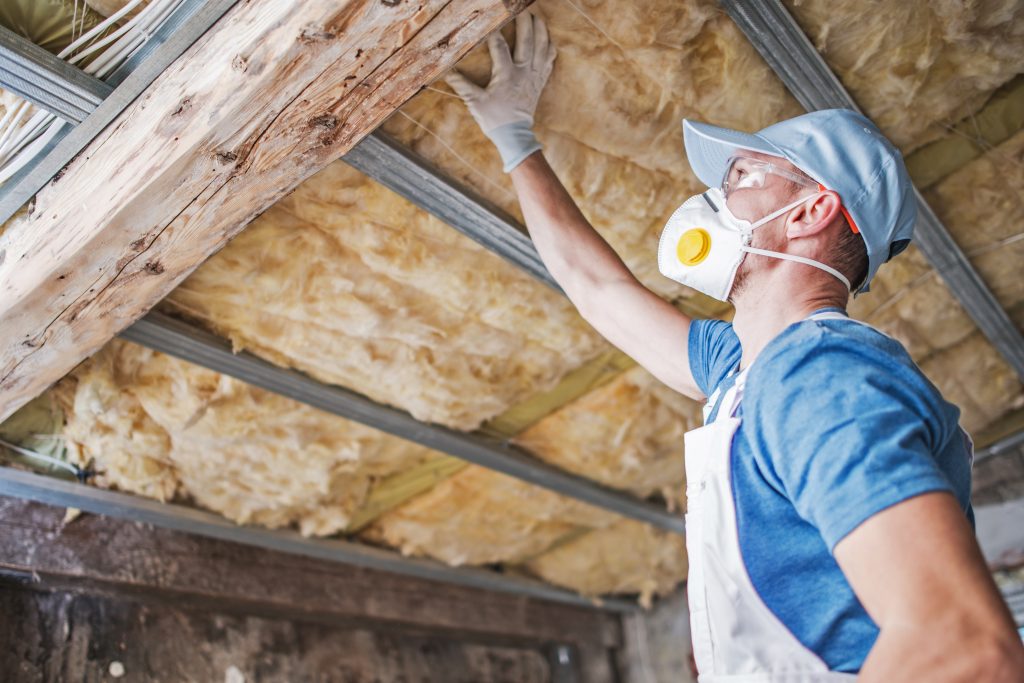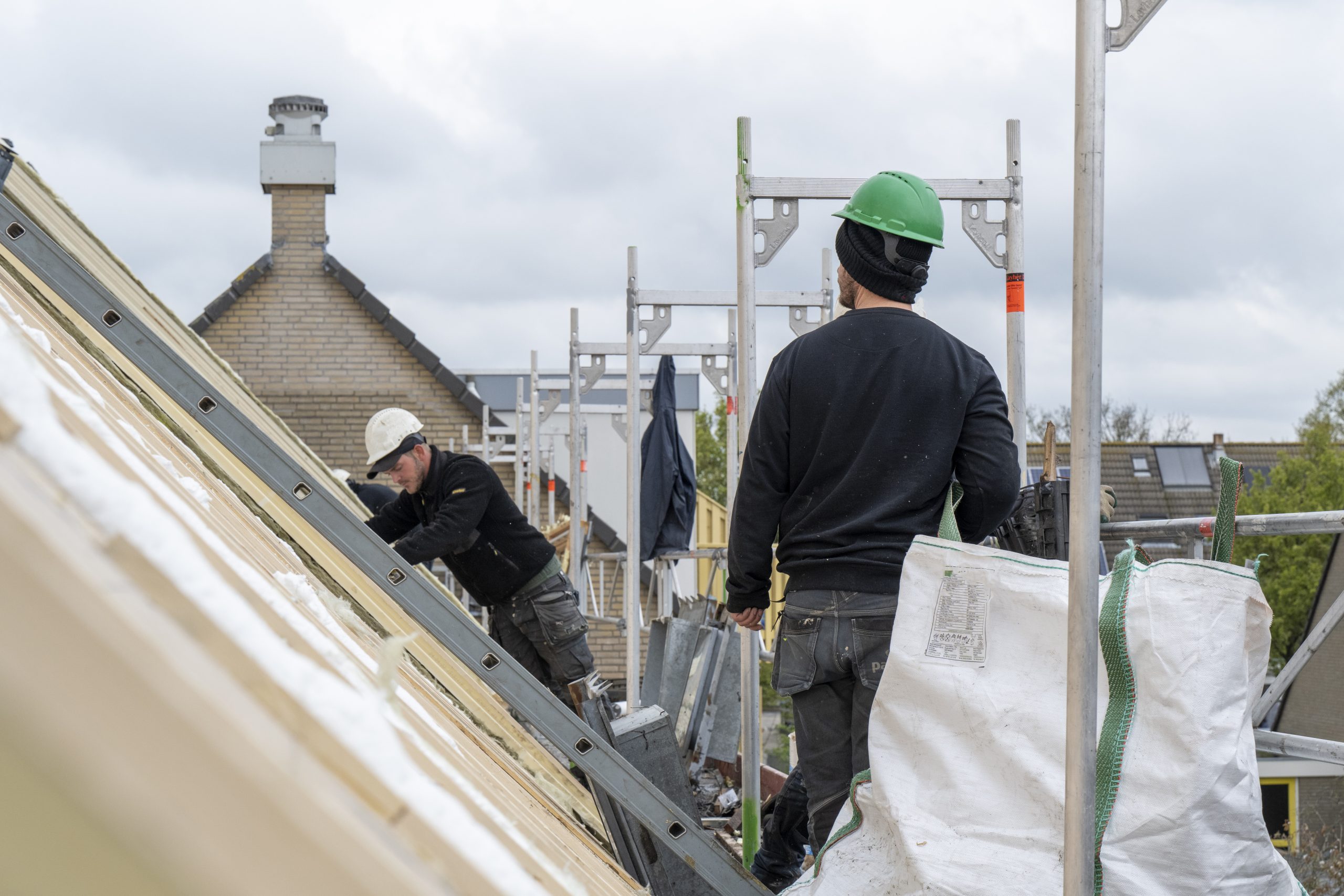Thermal Barrier Benefits
Sourcing the right roof insulation products creates a thermal barrier that keeps indoor spaces cooler in summer and warmer in winter. This reduces the need for air conditioners and heaters, lowering energy costs dramatically. Over time, those savings add up often covering the product cost within just a few years.
Investment vs Finishes
When most people think about upgrading a property, they picture new countertops, modern tiles, or trendy lighting. But if you want to make an investment that pays for itself month after month, year after year, the answer is simple quality roof insulation.
Roof Heat Loss
In South Africa, up to 35% of a building’s heat loss or gain happens through the roof. Without proper insulation, HVAC systems work overtime, which means higher electricity bills, frequent breakdowns, and a less comfortable living or working space.
Extended Equipment Lifespan
But the benefits extend far beyond energy bills. Quality roof insulation also prolongs the lifespan of HVAC equipment, meaning fewer costly repairs or replacements over time. It also contributes to a quieter indoor environment by reducing external noise an often-overlooked advantage, especially for properties near busy roads or industrial areas. In the property market, well-insulated buildings stand out, attracting buyers and tenants who understand the value of low running costs and year-round comfort.
Environmental Footprint
An often overlooked factor is the impact proper roof insulation can have on a building’s environmental footprint. By significantly reducing the energy demand for heating and cooling, insulation lowers greenhouse gas emissions and supports a more sustainable future. This is especially relevant in South Africa, where energy supply challenges and environmental concerns are top of mind. Old Roof Insulation. Caucasian Construction Worker in His 30s Inspecting Aged Roof and Mineral Wool Insulator.

Homeowners & Businesses
For homeowners, this means a quieter, more comfortable home all year round. For businesses, it means reduced operational expenses and improved productivity as employees work in a consistent climate.





